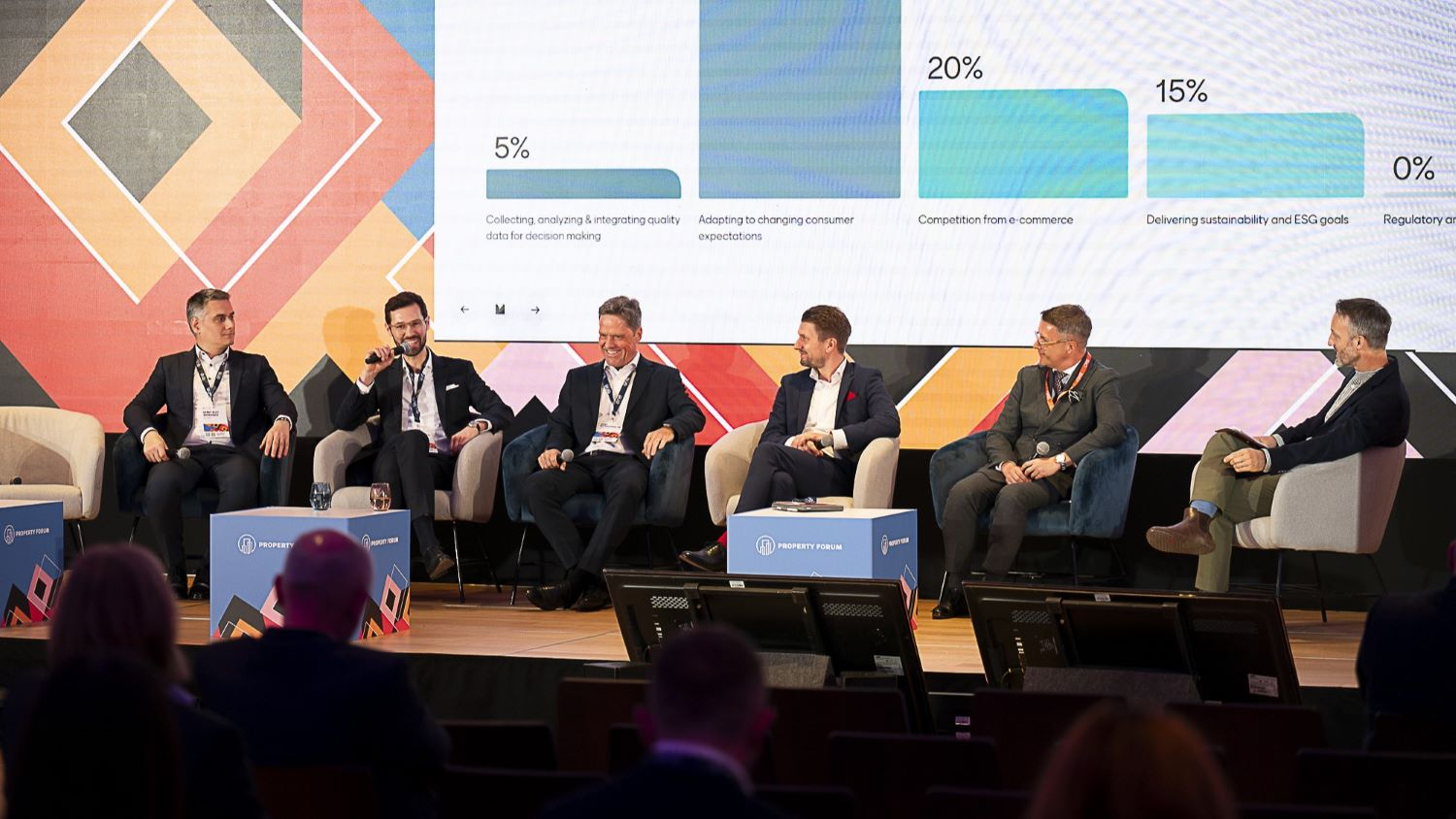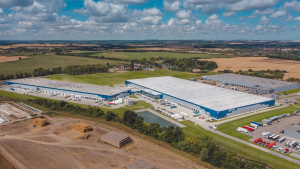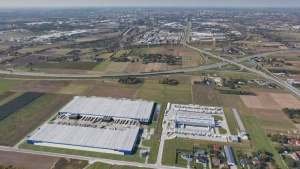
Like other real estate segments, retail has always been adapting to changes in customer behaviour. This evolution thus is a subject of constant investment and innovation, based on the quality and uniqueness of locations. CEE Property Forum 2024 in Vienna has explored financing challenges together with the importance of data-based decisions in the discussion panel focused on retail.
The chair of the panel, Tomáš Cifra, Partner & Managing Director Central & Eastern Europe at Mitiska REIM, opened the discussion by asking what were the factors currently driving the renewal in interest in retail.
Erik Wafler MRICS, Senior Investment Manager at Gránit Asset Management pointed out that we need to differentiate the type of retail: „We cannot compare shopping malls in every corner to the only existing shopping mall in the city, which drives all the footfall. And the same applies for retail parks in the countryside where there's no other option to do the shopping or an abundance of retail parks almost everywhere.“
Henri Eisenkopf, Director of Transactions Shopping Places at Union Investment Real Estate GmbH reminded the strategic inflection point mentioned earlier in the office panel: „We have faced many issues in recent years such as a huge disruption called e-commerce. We had time to adapt to that, find solutions and be future-proof within the different assets within retail. I think all of the different segments from shopping centres to retail parks and high streets have a meaning and will have a future.“
Tomáš then moved to finance opportunities for retail assets, potentially alternative sources beyond traditional bank financing.
Erik admitted that retail is never the first choice for financing: „We are in a transaction right now buying retail parks in the countryside. We do not approach the bank because it doesn't make sense. Maybe post-closing, but that's another question.“
On the other hand, banks are showing increased interest in retail financing due to the instability in the office sector, suggested Henri. It is necessary to analyze the tenant mix and sustainability of cash flows for retail assets, especially those "stuck in the middle", to identify potential repositioning strategies. He observed the rental polarisation on the market: „For core and trophy assets, prices are quite high. And there are assets stuck in the middle, and they don't know where they want to go. They have been mispriced. The question is, can you allow yourself to finance hugely into office nowadays? Or is a hotel, logistics and retail becoming more attractive due to the lack of confidence within the office segment?“
Andreas Kozma, Founder & CEO at iREMS International AG proposed to investigate the use of financial software and data-driven solutions to better understand and adapt to changing consumer behaviours in the retail sector. He noted that while retail is making a comeback, it is crucial to understand the specific market conditions and customer experiences. „The importance of a proper team and data analysis in developing retail parks is crucial, with the role of AI in enhancing these efforts,“ Andreas emphasised.
The Czech Republic is seen as a Western European market in terms of real estate liquidity, while Poland is active in retail transactions with accessible bank financing. The potential for retail park growth in Central and Eastern Europe is significant, with room for expansion, especially considering the lower per capita real estate metrics compared to Western Europe, Tomáš brought the next point to the discussion.
Michał Mieciński, Partner at Real Estate and Construction Department at CMS Poland, provided insights into the active retail market in Poland, noting a shift from opportunistic investors to more significant transactions. Moreover, ESG compliance tends to be the dealbreaker. „We saw already investments not going through because of lack of it. Also, lease agreements and operational life more depend on the exchange of data between tenants and landlords,“ Michal highlighted the key points influencing the need for retail parks to adapt to changing consumer preferences, with a focus on convenience and mixed-use developments.
Dominik Uhe, Head of Investor Relationship Management at Kaufland International shared Kaufland's ambition to achieve net zero by 2050, with a midterm goal of reducing scope 1 and 2 emissions by 80% by 2030. He also agreed with the need for a strategic investment model based on regional demand and consumer behaviour with a focus on long-term planning and expansion. Dominik highlighted the resilience of retail during COVID-19: „This could happen thanks to the sale of daily necessities and strategic location in neighbourhoods and main streets.“
The importance of data quality and ESG compliance in attracting tenants and investors becomes the task of the day. „Union Investment has implemented a sustainable investment check for all investments, including criteria like waste management and operational efficiency,“ Henri also highlighted. Concerning the evolution of shopping centres, he noted a shift from high fashion ratios to more gastronomy and services: „In 2004 60% ratio of fashion was considered insufficient. We aspired to come up to 75 to 80%. Now we see fashion ratios between 30 and 40%.“ „In terms of consumer behaviour and gastronomy, nobody could believe that people would go out dining in a shopping centre, or for a romantic date. Nowadays, this is happening,“ he concluded.



